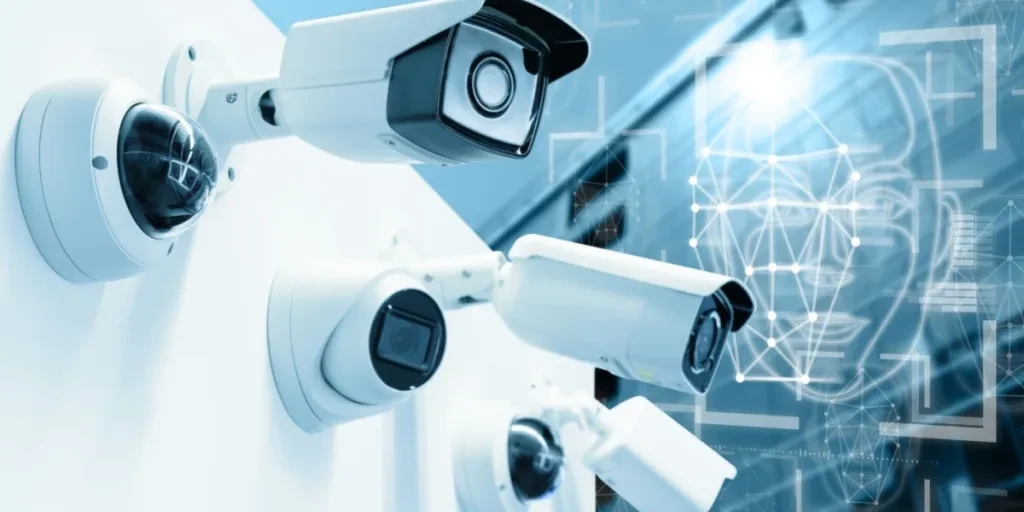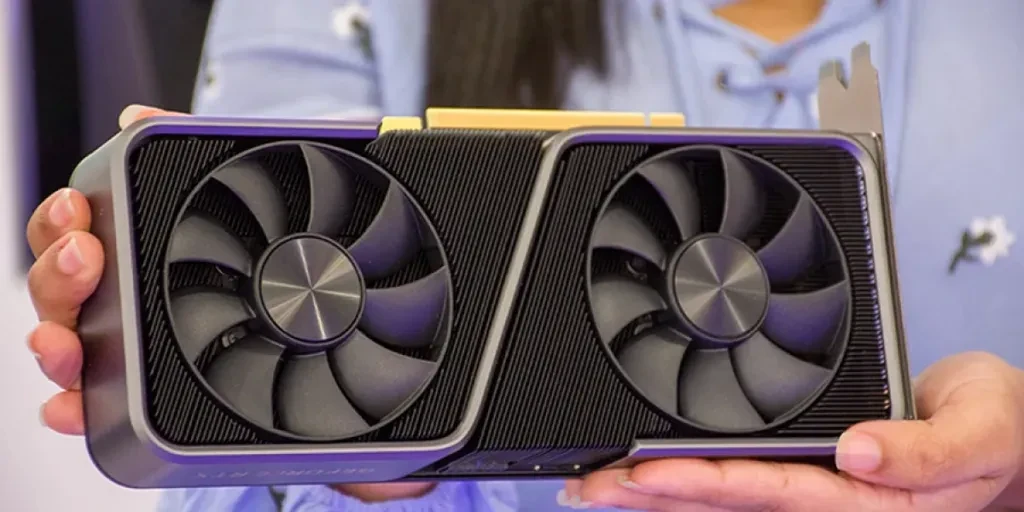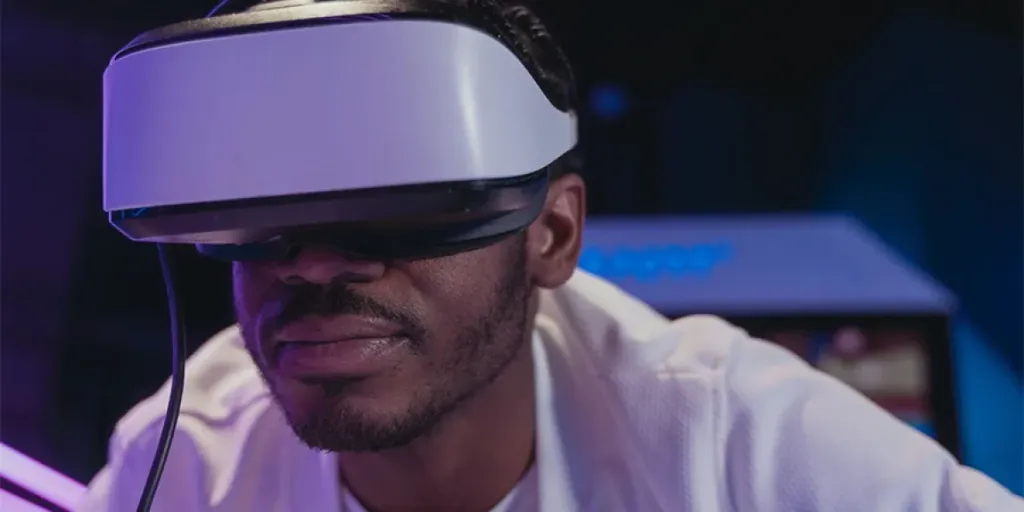AI has changed the way many people do things in today’s world. Now, the technology is making its mark in various consumer products and upgrading them to be even more exciting. One of the latest in the space is AI security cameras. These devices come with advanced algorithms, allowing them to do things not possible with traditional cameras.
With security becoming even more important for different demographics, AI security cameras offer multiple benefits that make them a great buy. Even better, this technology is already gaining increasing attention, rising from 1,800 searches in 2023 to an average of 3,600 in 2024—a 70% increase, which is amazing for a new product.
So, what should retailers consider before adding these futuristic gadgets to their new arrivals? Keep reading to learn more about AI security cameras and seven key features to consider when stocking them.
Table of Contents
Why AI security cameras are a smart move for any store
1. They solve real problems
2. High demand, low effort
3. Upsell and cross-sell opportunities
7 features that make AI security cameras better than traditional options
1. People, vehicle, & animal detection
2. Facial recognition
3. Unusual behavior detection
4. Objects tracking
5. Voice recognition
6. Crowd monitoring
7. LPR (license plate recognition)
The biggest concern consumers have with AI surveillance
Closing thoughts
Why AI security cameras are a smart move for any store
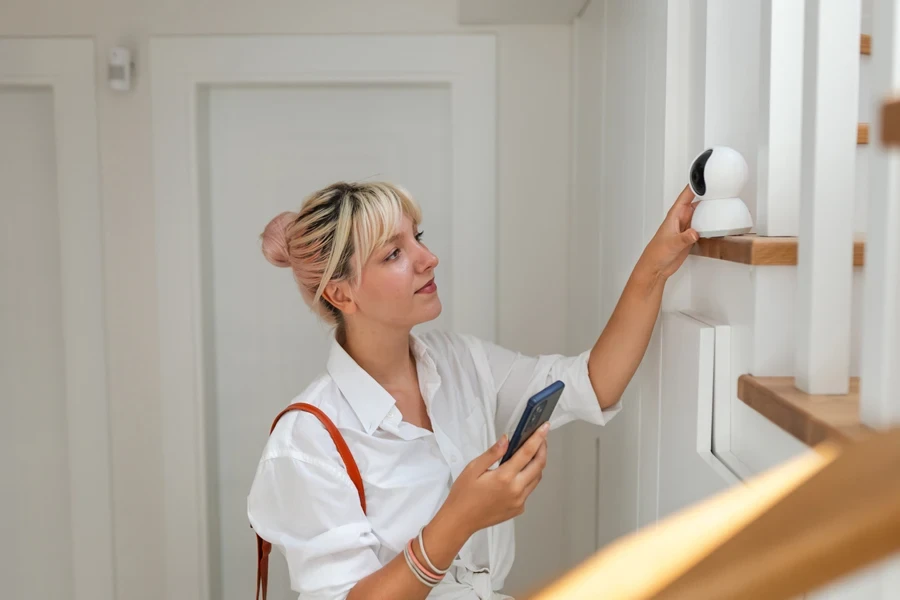
1. They solve real problems
Everyone worries about safety. Consumers want to protect their homes, keep an eye on their pets while away, or safeguard their businesses after hours. While regular cameras can help with these concerns, artificial intelligence does it better. They offer many smart features that make the security experience more assuring and peaceful.
2. High demand, low effort
With more learning about AI cameras, retailers can expect demand to soar in the coming years. Many consumers work from home, manage remote offices, or want smarter, connected homes. Additionally, these devices often come with plug-and-play capabilities, meaning fewer installation headaches for customers.
3. Upsell and cross-sell opportunities
Once someone buys a security camera, retailers can recommend a whole world of add-ons. They may want to hear more about storage plans, extra cameras for other rooms, or companion smart devices like doorbells or sensors.
7 features that make AI security cameras better than traditional options
1. People, vehicle, & animal detection
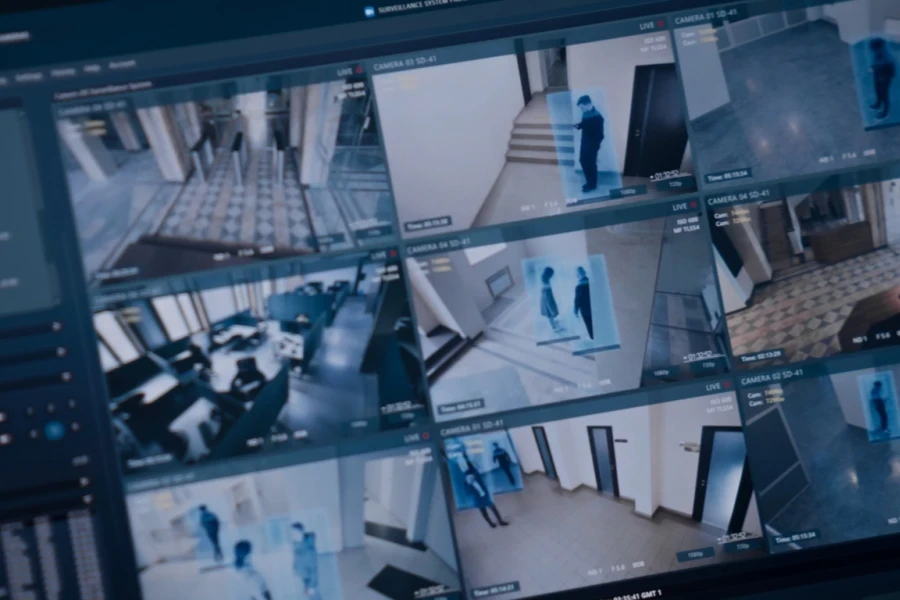
The biggest feature that attracts the most eyes to AI security cameras (and also the best thing about them) is their detection capabilities. These devices can easily distinguish between animals, natural elements, humans, and vehicles.
So, instead of getting alerts for anything that crosses the camera, users will only know when intruders are lurking around. Lights or tree sheds won’t send false alarms, unlike traditional security cameras.
Quick note: Although traditional camera technology has greatly improved thanks to advanced motion sensors, it’s still not as revolutionary as its AI counterparts’ detection capabilities.
2. Facial recognition
The stellar detection certainly makes AI security cameras attractive, but another feature that makes them a top pick for home security is facial recognition. This feature ensures the security camera can remember familiar faces and alert for unfamiliar ones.
Even better, this technology will also remember any intruder (like one that broke into the house previously or stole a package), alerting the owner if they appear again. Here’s a good example: security officials already say AI IP cameras help them track students by appearance, meaning they can immediately get videos of anywhere they’ve been recorded on campus.
3. Unusual behavior detection
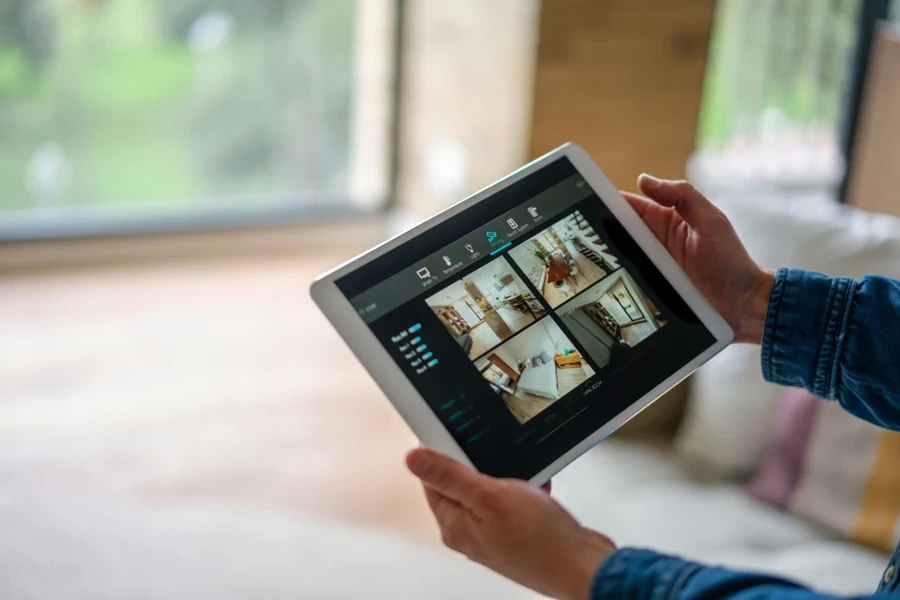
Detection and facial recognition are juicy features but AI security cameras offer many more, making them a complete package. One of them is unusual behavior detection. Some models collect data to analyze a scene, determining what passes as “normal” for a regular situation.
So, let’s say the camera detects something out of place. It will immediately alert the owner so they know exactly what’s wrong without reviewing the entire captured footage for the day. But that’s not all. The more advanced models will detect specific movements, like moving objects around.
It’s an incredibly handy feature for businesses, especially retailers hoping to stop shoplifting in their stores—even placing small items in pockets will be enough to trigger this system.
4. Objects tracking
AI security cameras take detection to the next level by tracking and analyzing moving objects in real-time. This groundbreaking feature makes certain situations easier to handle, especially if consumers don’t want to miss important details. For example, if someone breaks into the owner’s house, the AI security camera will focus on the intruder, zoom in for a clearer shot, and capture the target while analyzing their every move.
5. Voice recognition

Faces and behaviors are not the only things AI security cameras can recognize. They can also act like voice assistants, meaning these cameras can hear and take orders. The best part is the camera is also smart enough to understand what the user is asking it to do. For instance, consumers can ask the camera, “When did my dad come around?” then, it will grab video footage based on the request, saving them time and the frustration of going through massive recordings.
6. Crowd monitoring
Crowded environments can be a nightmare for regular security cameras. However, AI models use algorithms that pick out certain behaviors in such environments as stadiums or airports. Some high-tech models can even provide accurate data on the number of people present in a location. So, AI security cameras are a step in the right direction for efficient crowd management and preventing overcrowding (or potential conflicts).
7. LPR (license plate recognition)
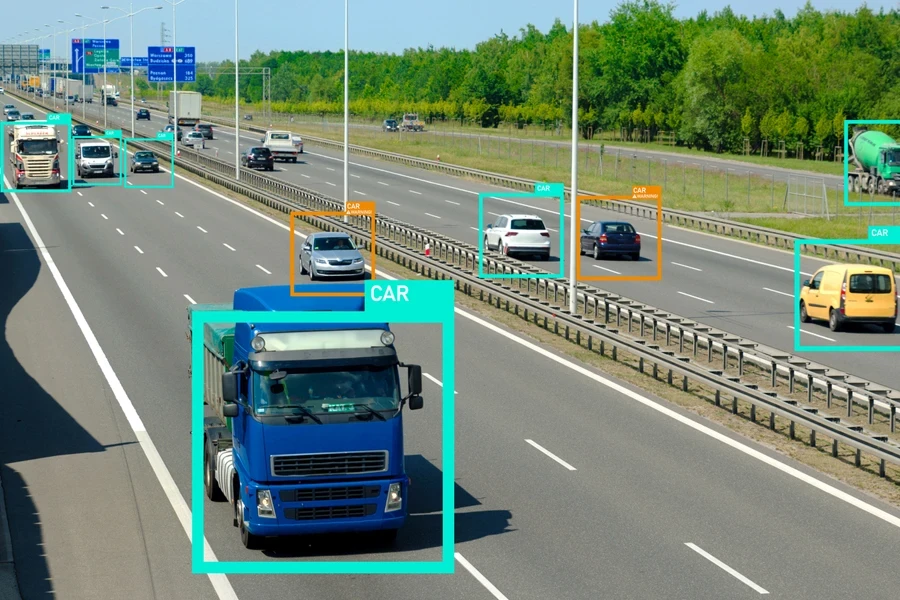
LPR is another way AI security cameras instantly upgrade a home or business’s security. These cameras can detect a vehicle’s license plate and process it to show all its details. Usually, LPR systems have access to databases of suspect or known vehicles, meaning AI security cameras can easily identify or track offending vehicles.
The biggest concern consumers have with AI surveillance
AI security cameras are always capturing the data around them. It could be video or audio of people in private and public spaces, and many could see it as going against their privacy rights. Also, AI cameras are vulnerable to hacking, so all that stored data would be at the fingertips of malicious parties. However, retailers only need to remind consumers to ensure they have proper security measures to ensure the camera isn’t weak to a hacker’s efforts.
Closing thoughts
AI security cameras are incredible. They offer impressive benefits that instantly upgrade any home or business’s security. However, they also have huge privacy concerns and data security issues that may turn consumers off.
Not to mention, traditional smart home security cameras can do most things the average consumer needs to cover security. However, AI security cameras are an upgraded version of anything traditional options can do, so they will still attract tech-savvy consumers—though others may need some convincing.
